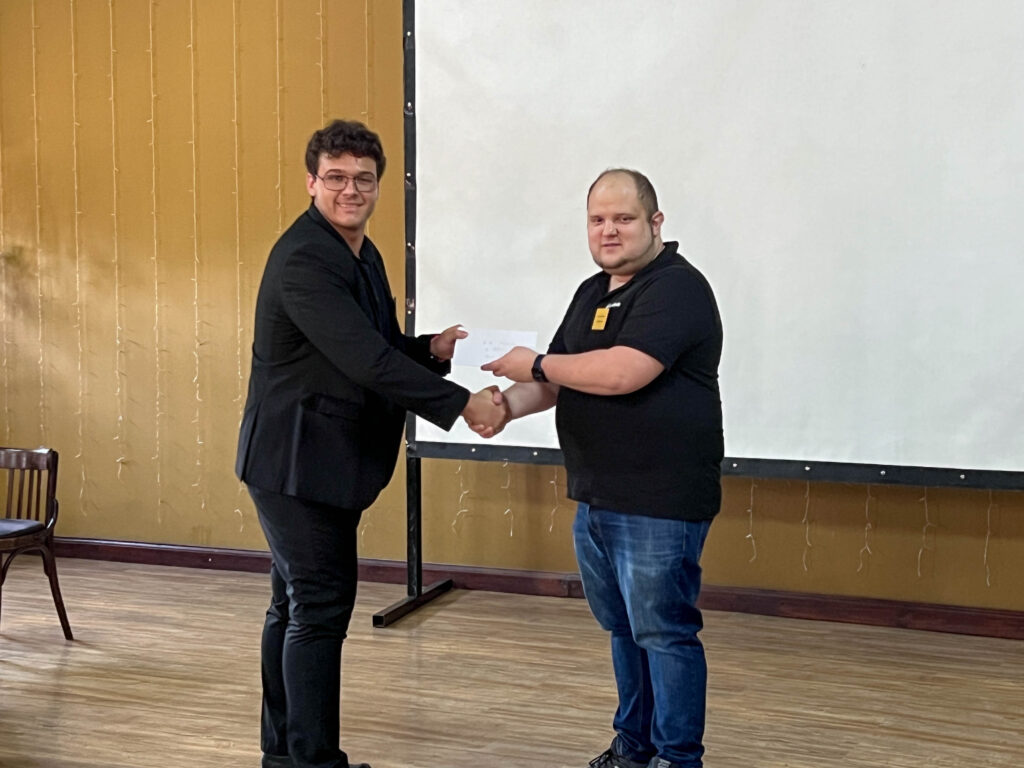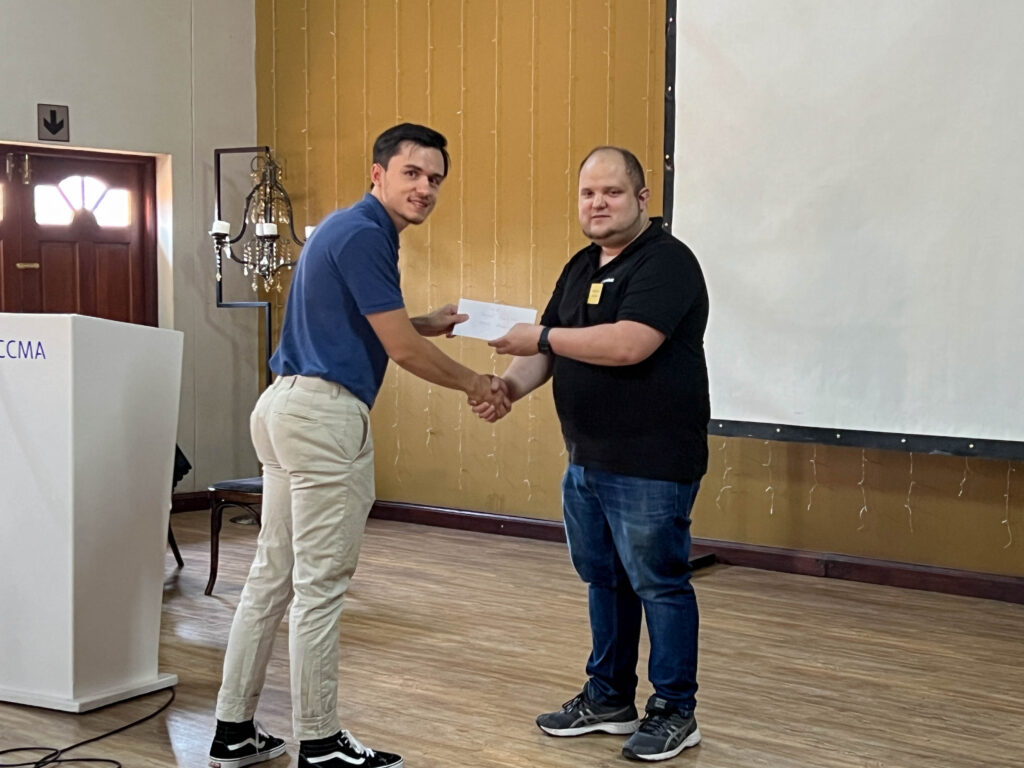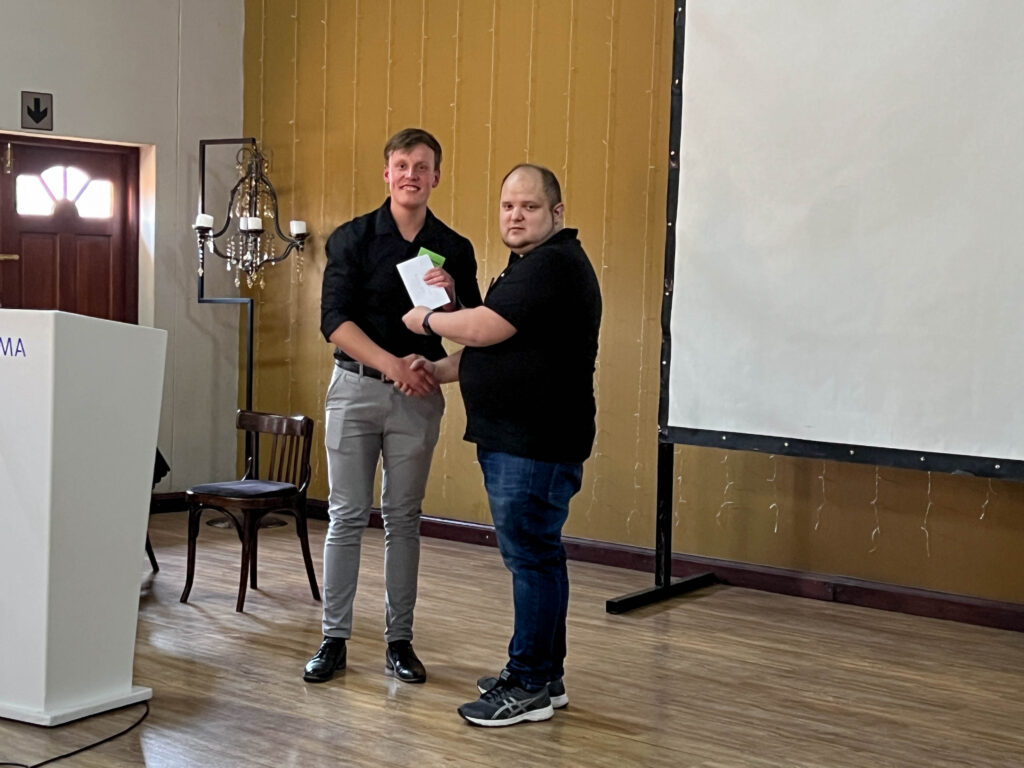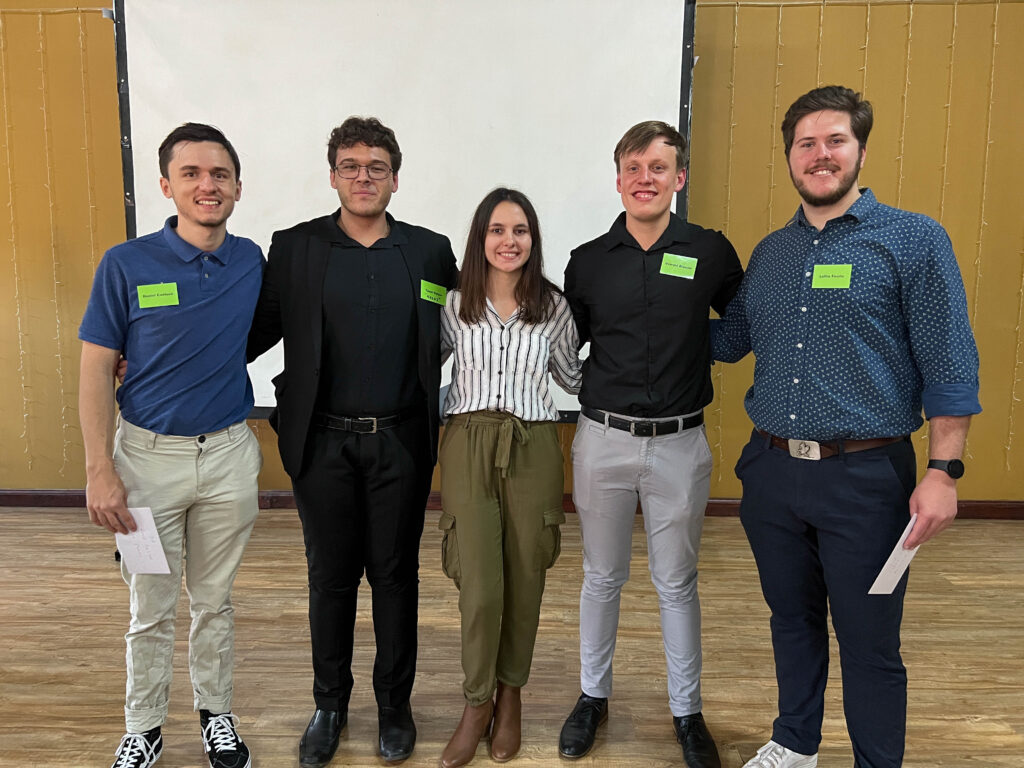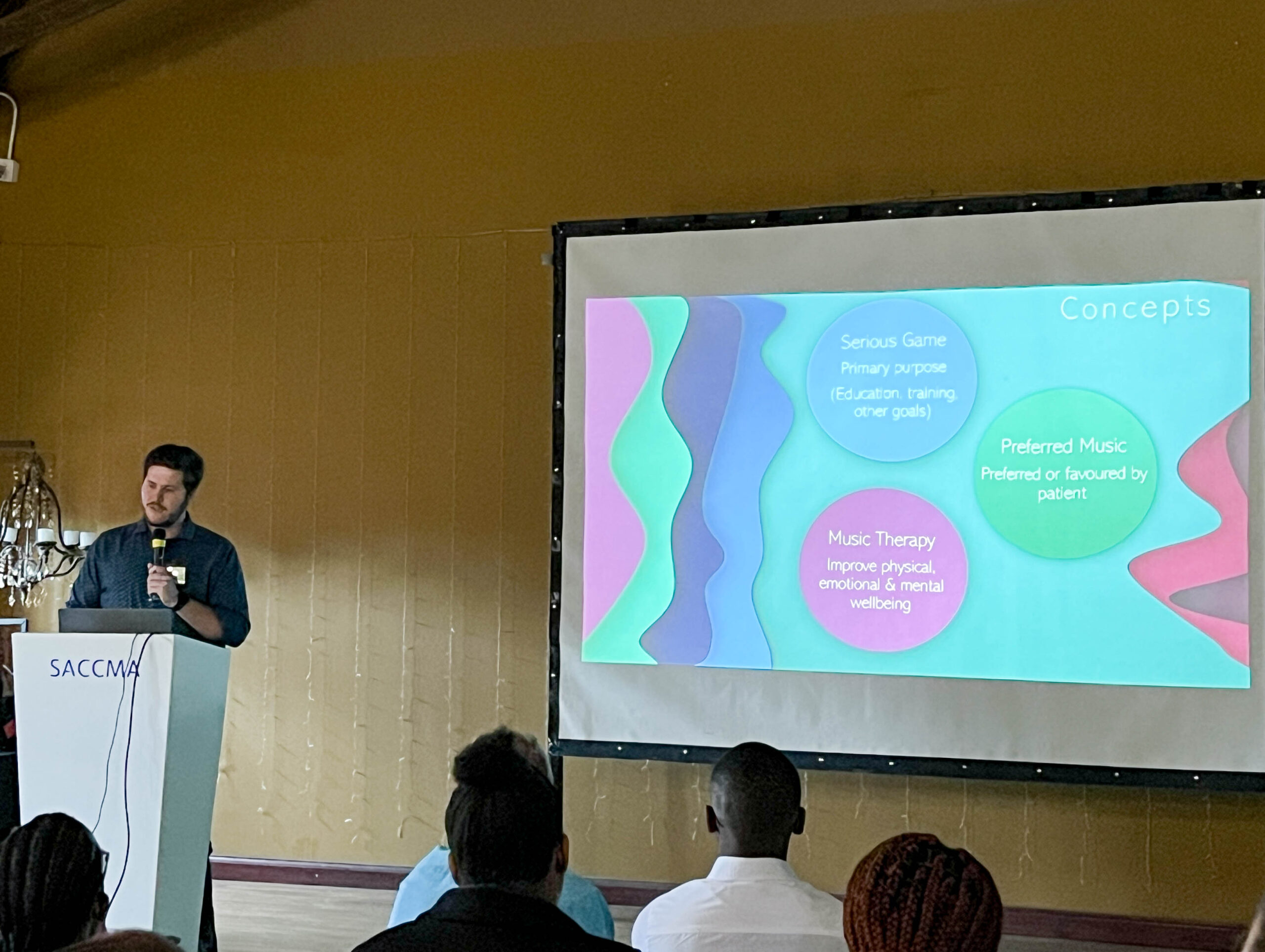On Thursday, 12 October, Synthesis visited the school of Computer Science and Information Systems at the Potchefstroom Campus of the North-West University (NWU PUK) to assess the projects of the IT Honours students. The day began with students delivering concise 5-minute presentations outlining their project’s objectives, approaches, and outcomes. The array of projects spanned diverse research areas, such as the machine learning for tweet sentiment analysis, educating children about cyber security risks, securing critical infrastructure, treatments for several health conditions using computer games, among several others.
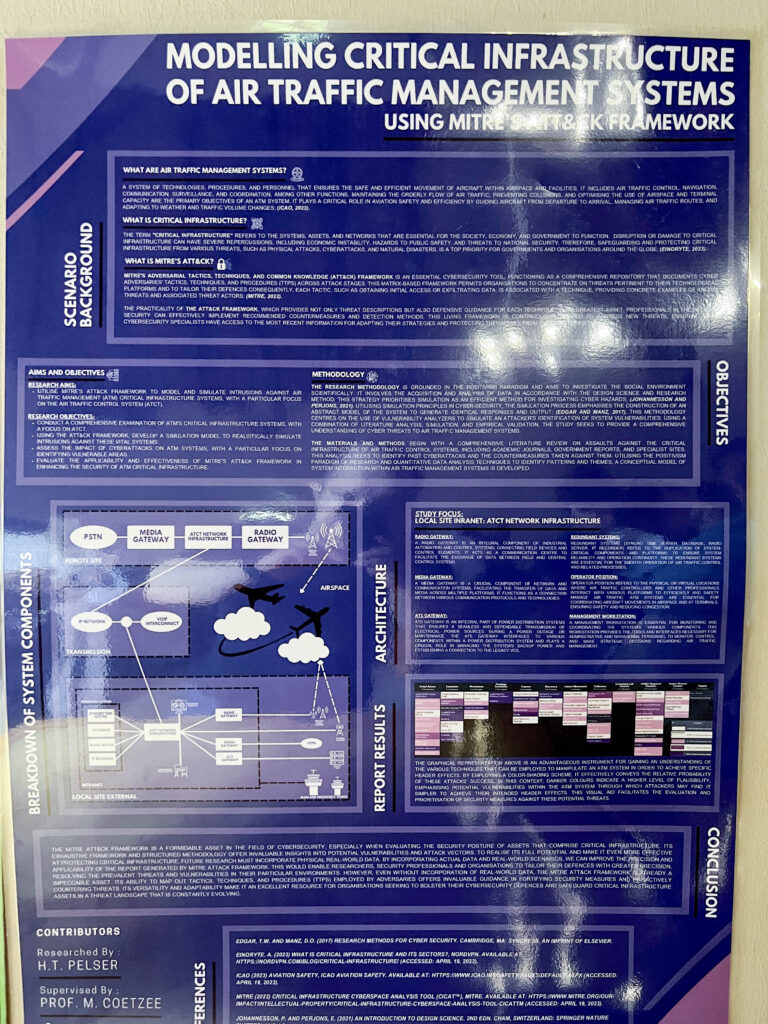
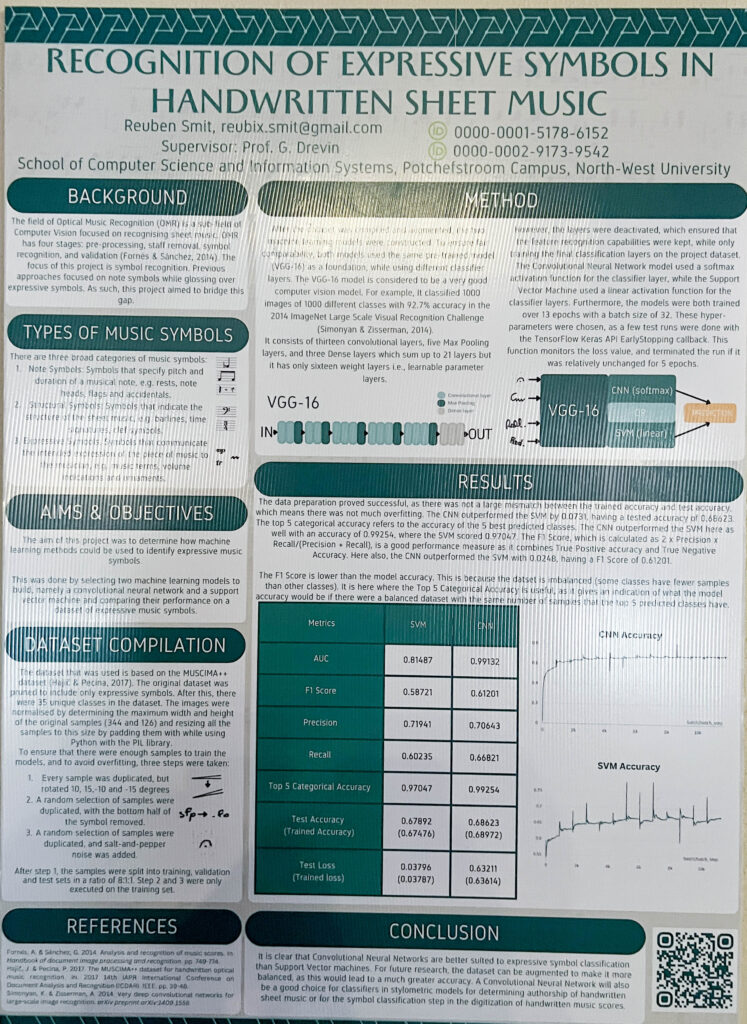
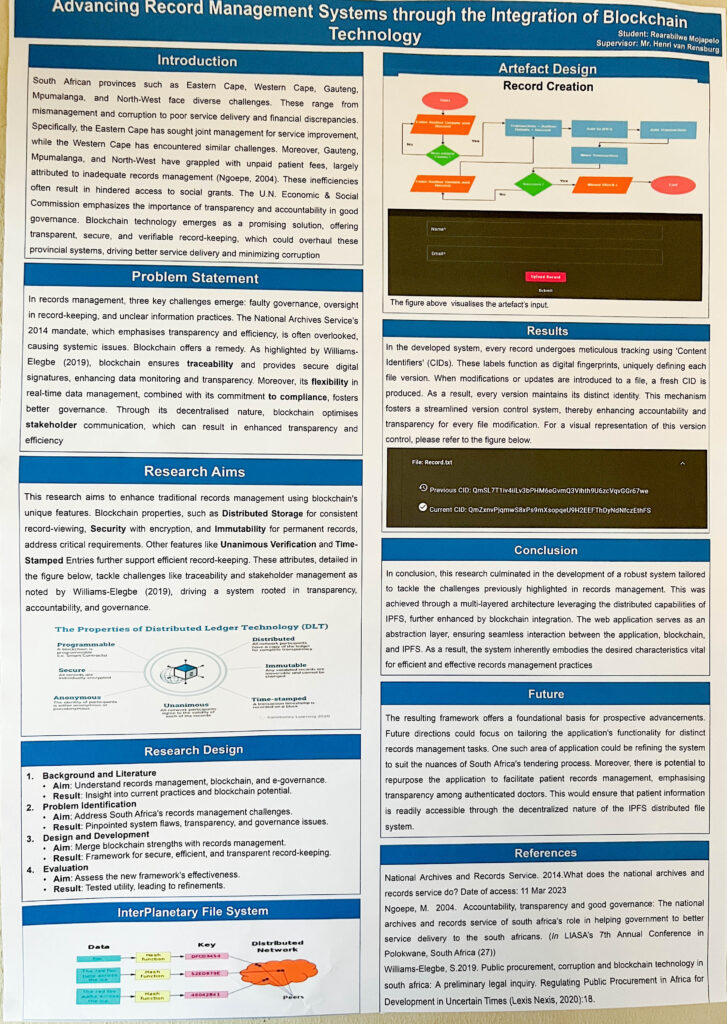
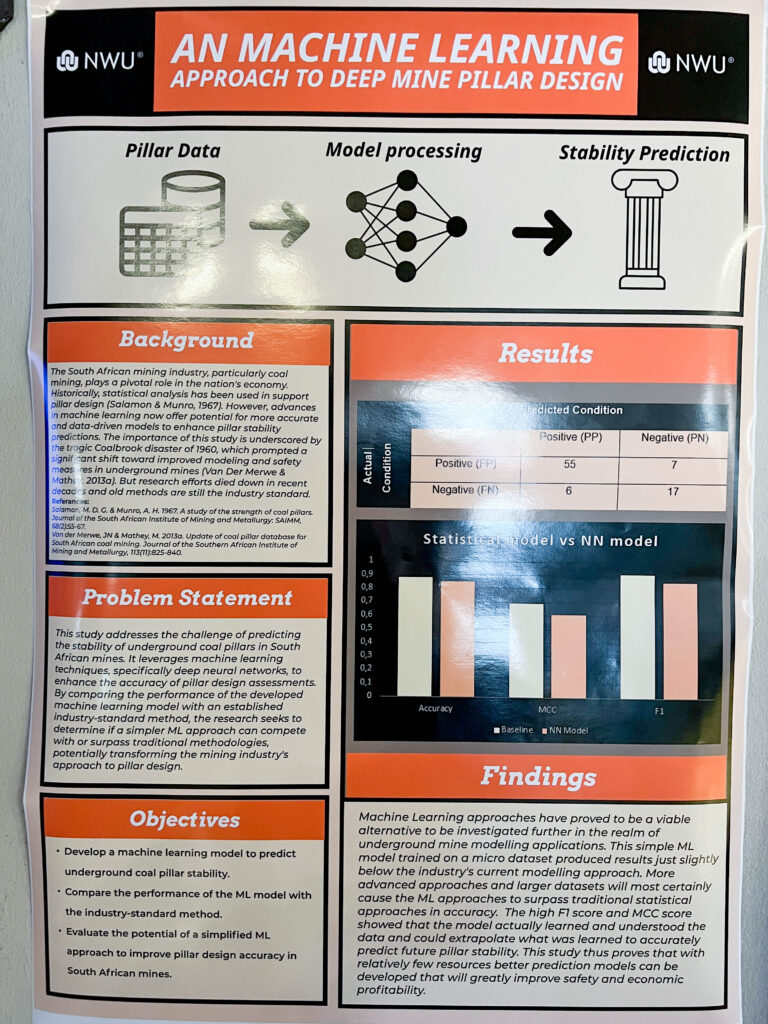
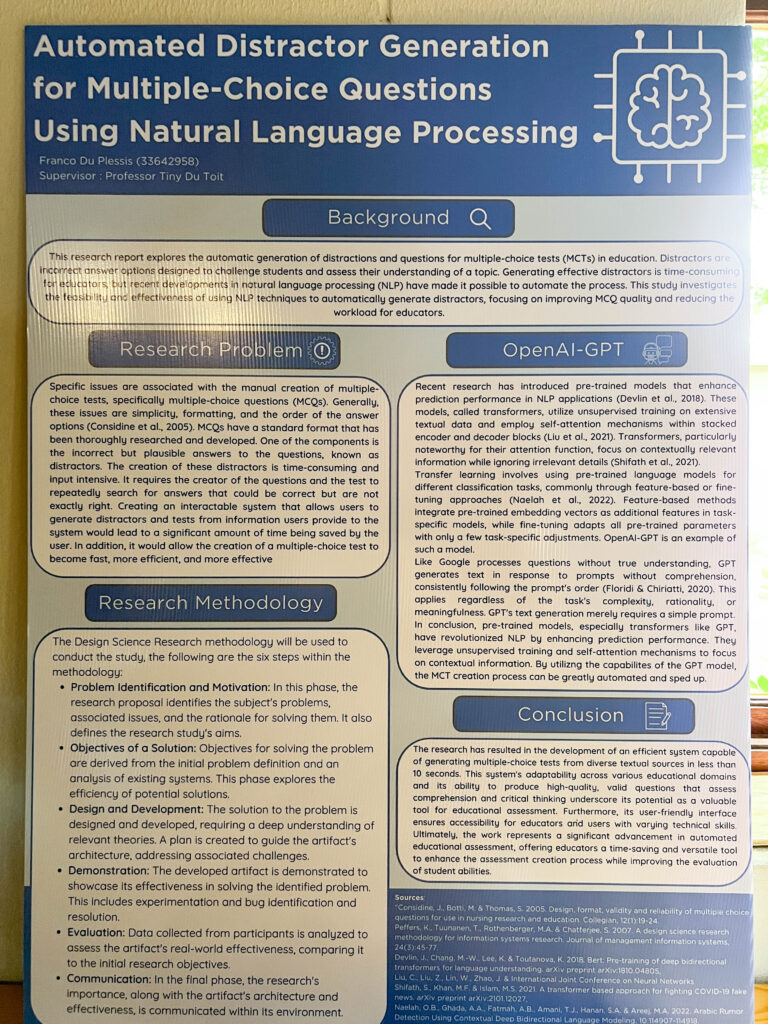
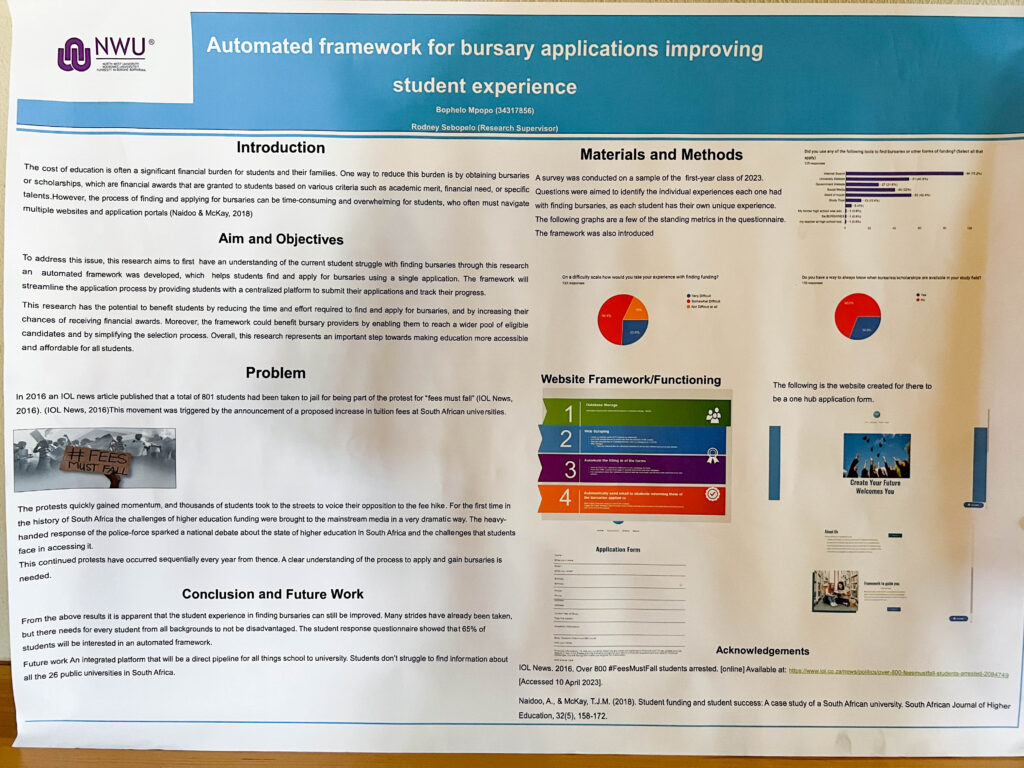
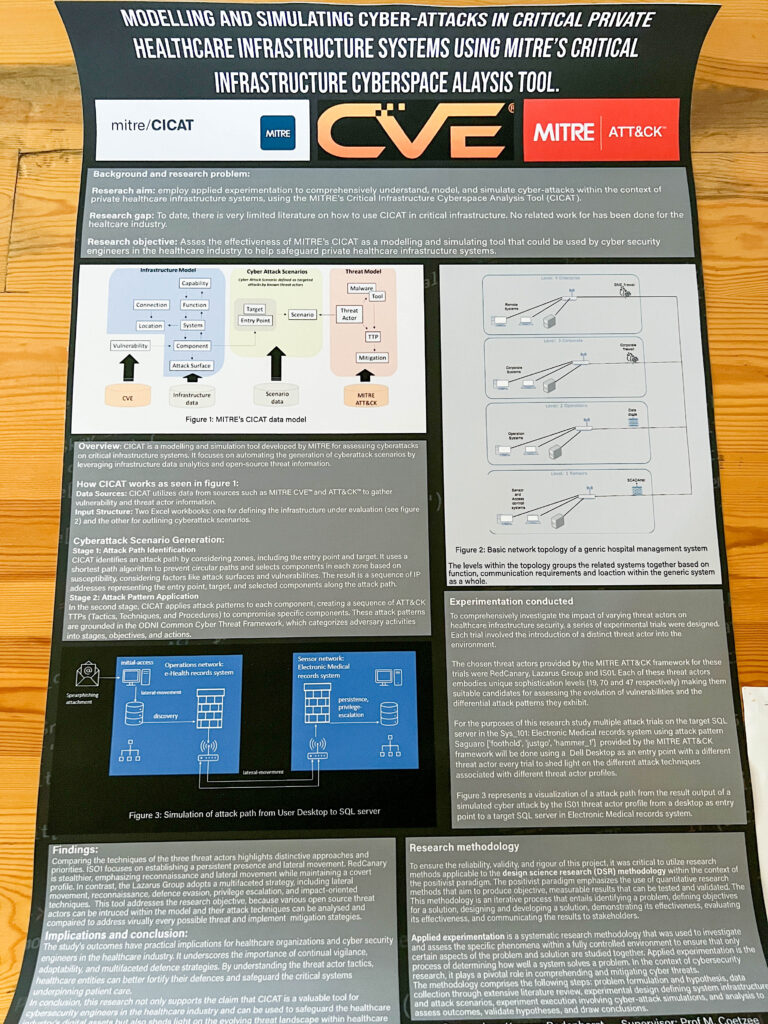
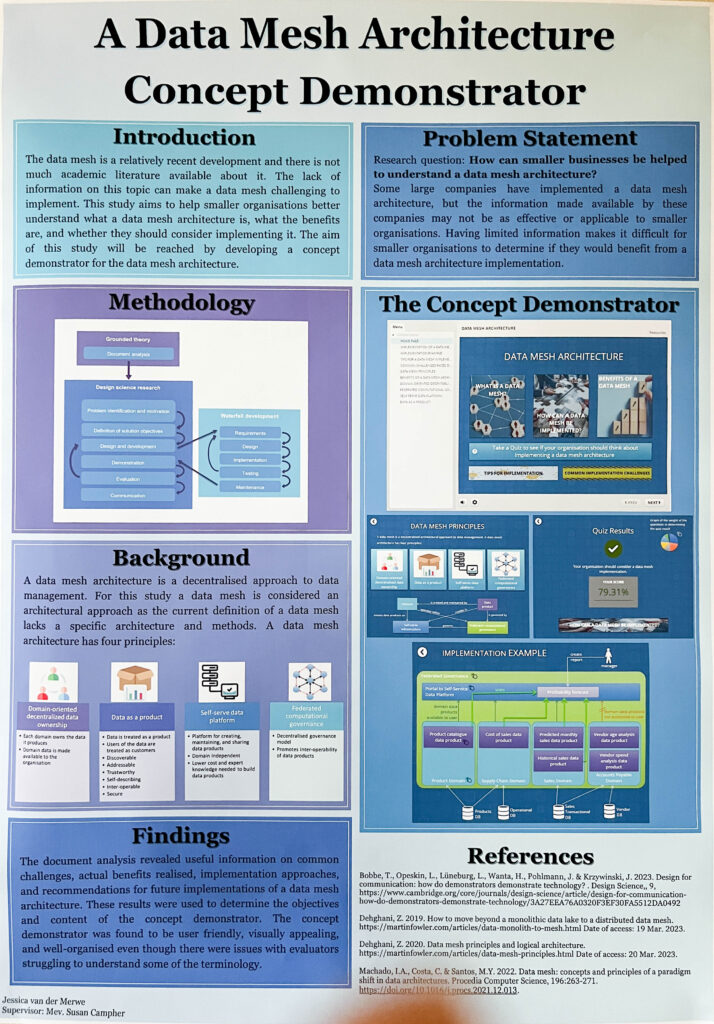
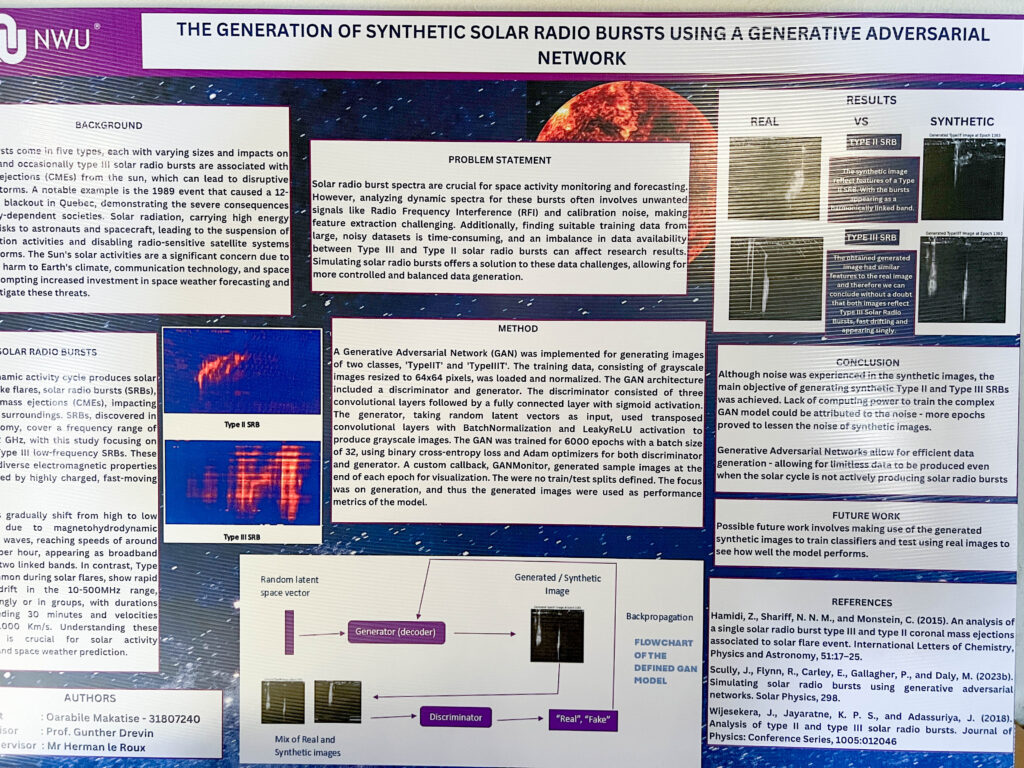
Synthesis was delighted to see that several projects made use of the MITRE ATT&CK (Adversarial Tactics, Techniques, and Common Knowledge) framework as part of their research on approaches to secure critical infrastructure. The ATT&CK framework is a comprehensive and continuously updated knowledge base that categorizes and details the various tactics, techniques, and procedures (TTPs) used by cyber adversaries to compromise, navigate, and exploit information systems. Securing critical infrastructure is essential for the safety, stability, and prosperity of nations. Critical infrastructure encompasses systems and assets, both physical and virtual, whose incapacitation or destruction would have a debilitating effect on security, national economic stability, public health, or any combination thereof.
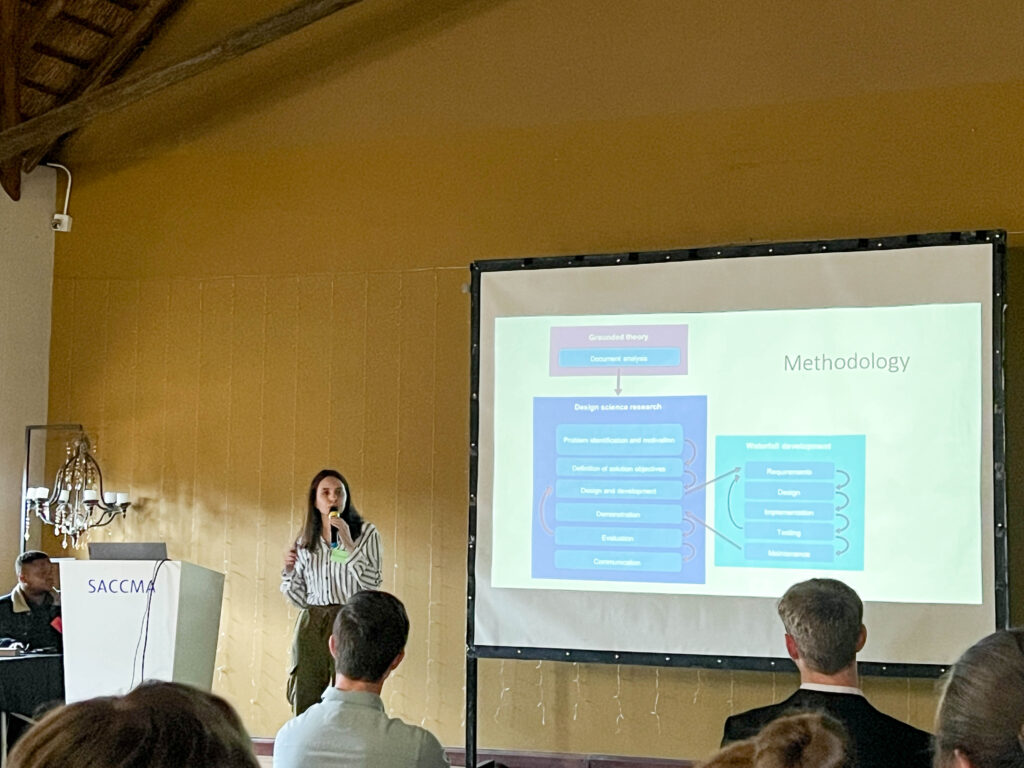
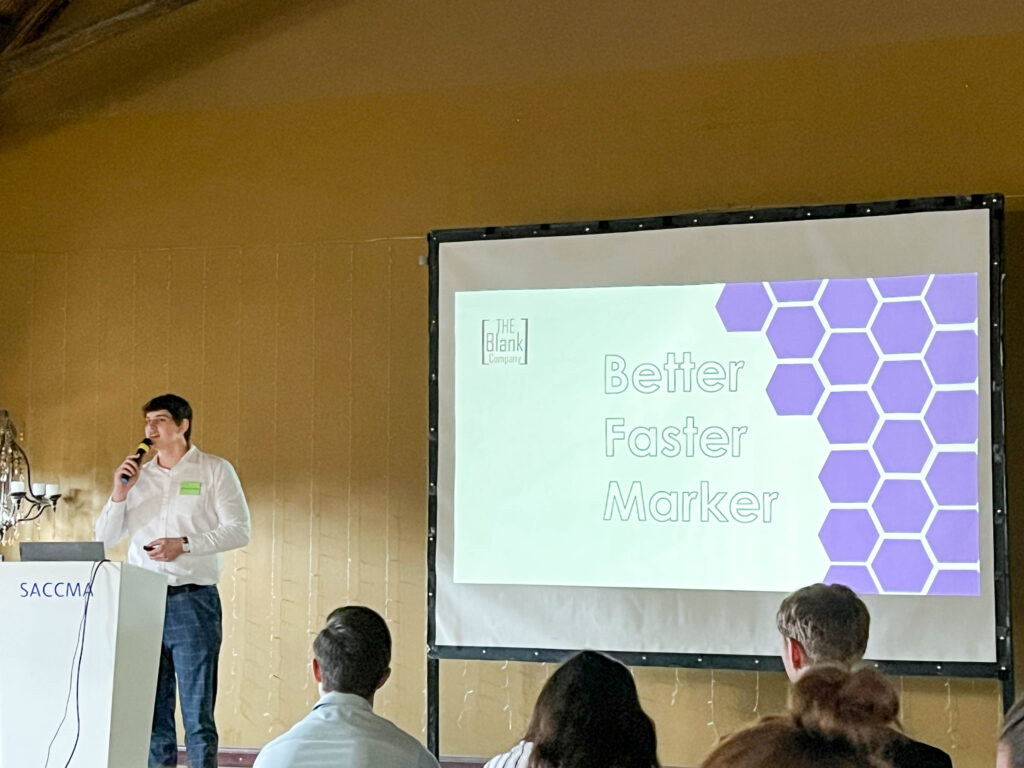
One of the projects focused on securing air traffic control, a vital piece of critical infrastructure. Air traffic control systems orchestrate the complex choreography of aircraft movements, ensuring that planes take off, fly, and land safely without collisions. Any compromise or failure in these systems can lead to catastrophic consequences, including loss of life, economic disruptions, and damage to property. A security breach could be exploited by malicious actors, whether for criminal gain, terrorism, or geopolitical advantage, leading to deliberate misdirection or grounding of flights.
Several projects were computer games to educate users and “serious games” which are designed for non-entertainment purposes such as treatment of certain medical conditions such as PTSD, anxiety, dementia, and others. Several projects demonstrated several machine learning use cases including the assessment of coal mine structural pillars for safety, JSE stock performance and several image processing use cases.
We would like to congratulate Dewald Blaauw, Loftie Fourie, Daniel Coetzee and Hendrik Pelser on their projects!
